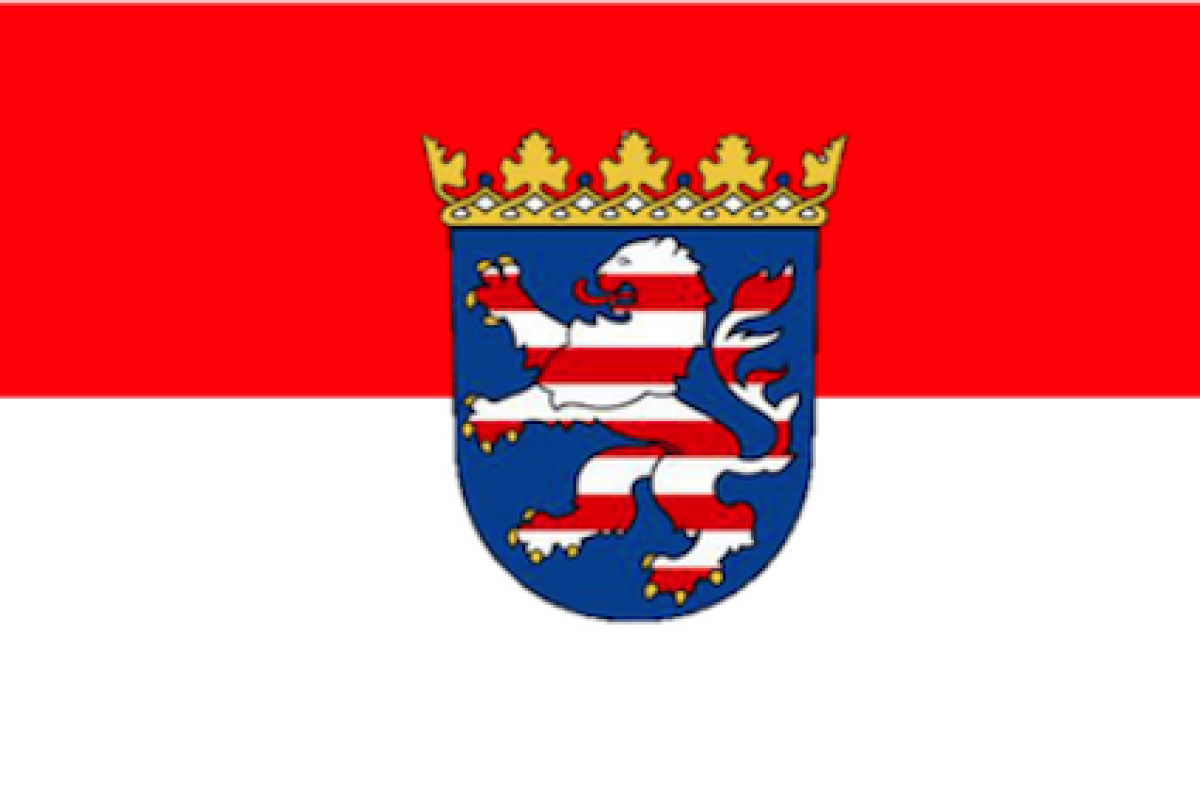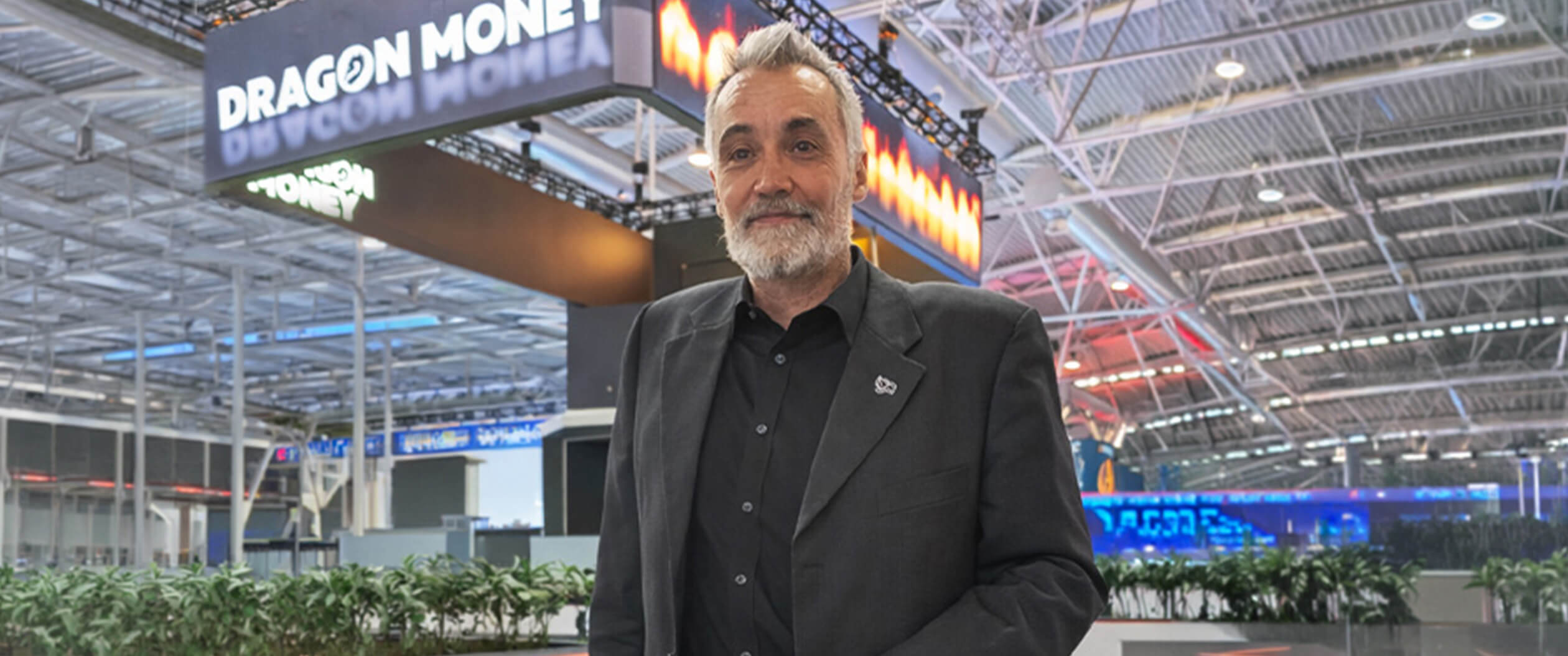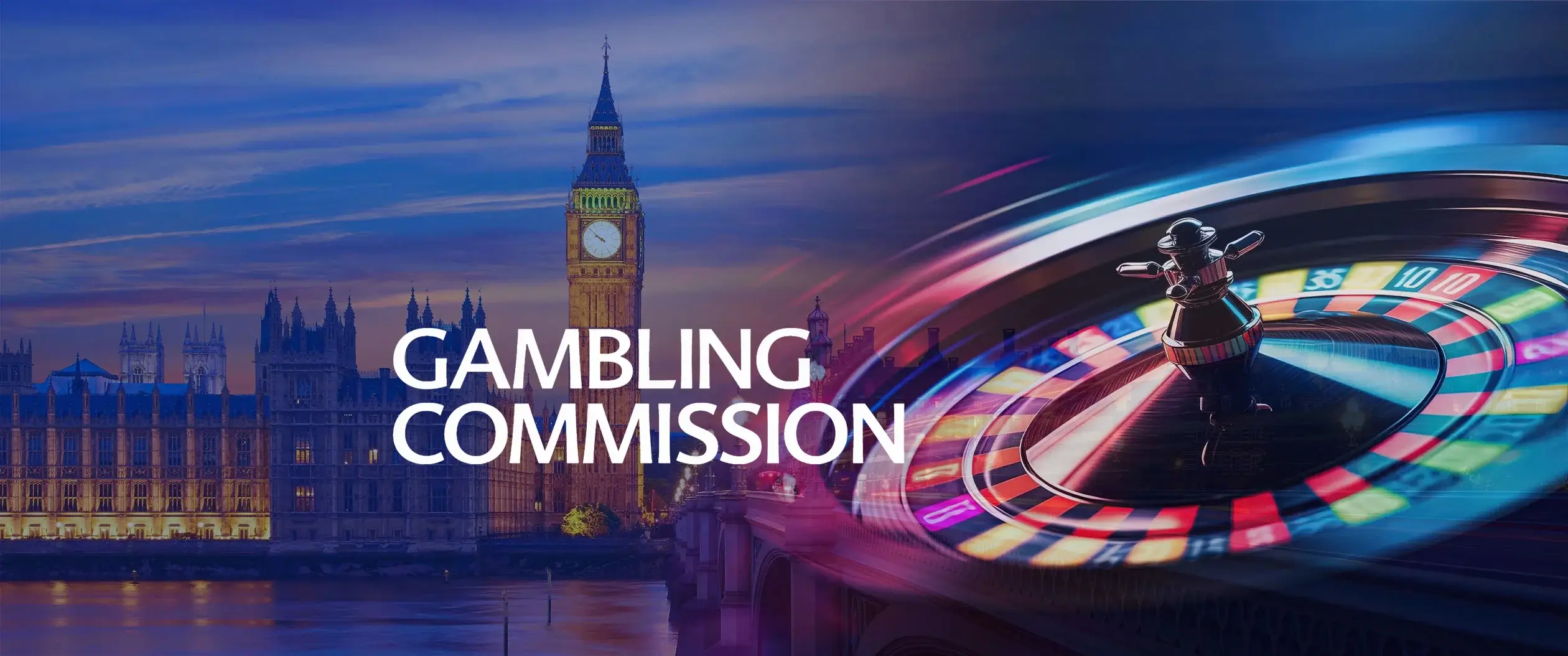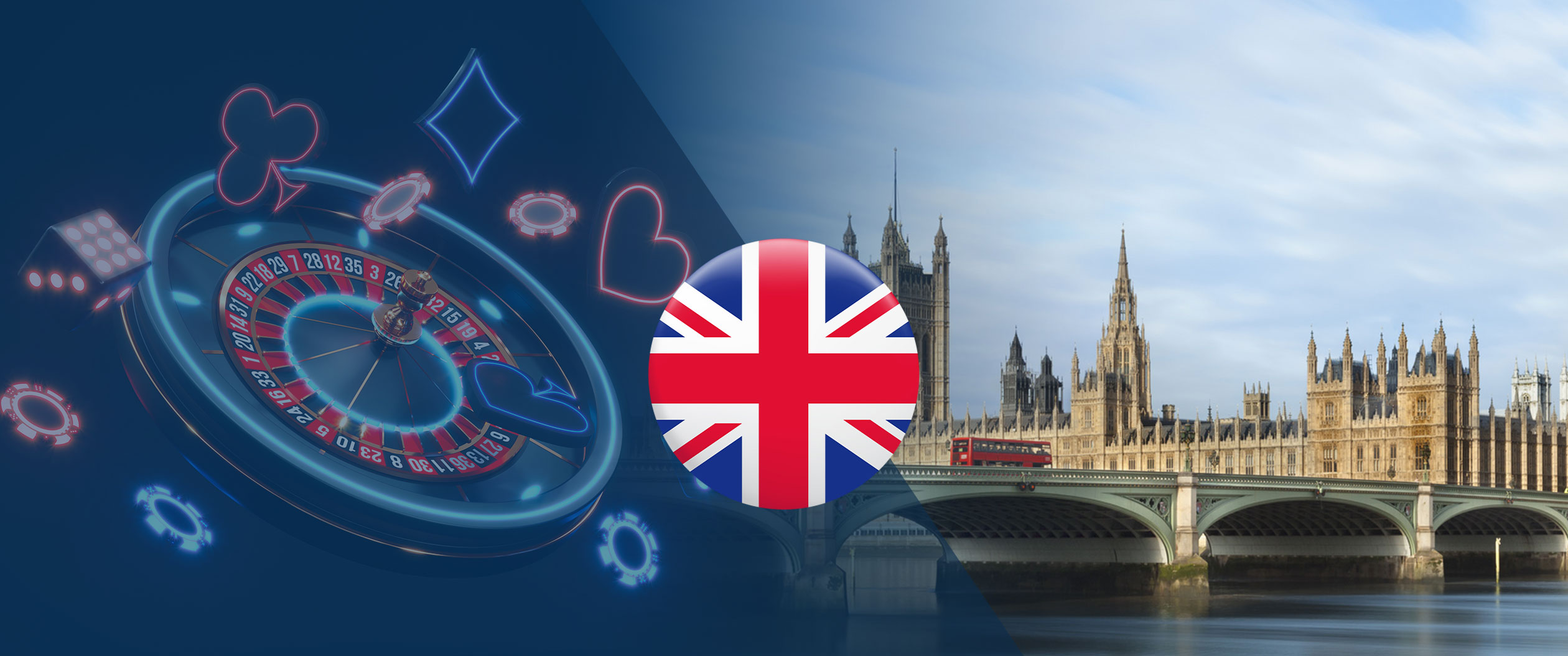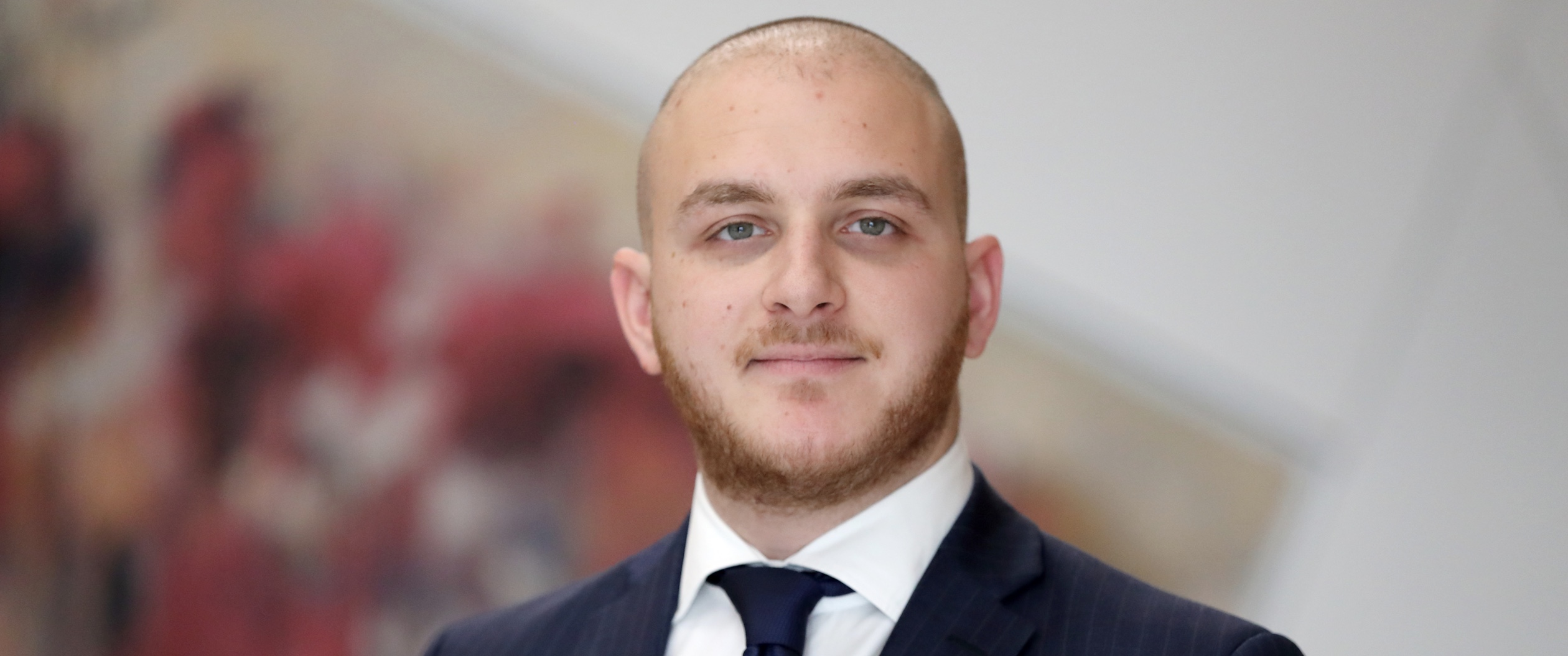The Regional Council of Darmstadt, the Hessian body responsible for handling the federal sports betting licensing process, has revealed that 30 operators have now filed their applications.
A spokesperson for the Council added that a further 20 had provided a serious expression of interest about joining the 30 in applying.
This suggests a steady rise from January, when the Regional Council announced 11 applications, and a further seven expressions of interest.
This in turn followed a warning, issued in December 2019, that unlicensed activity would not be tolerated, at a time when no companies had submitted applications or expressed interest in applying.
It remains to be seen when the first licences will actually be issued, with the Council unable to provide any information on timescales.
The Council was also unwilling to comment on German media reports that it was preparing to issue its first blocking orders against operators that continued to offer their products to citizens without signalling their intention to apply for a licence.
Frankfurter Allgemeine Zeitung claimed that it would target up to ten companies in the crackdown on illegal gambling since the third amended State Treaty on Gambling came into force from 1 January.
This legislation is only in place until 30 June, 2021 after which it is to expire and be replaced with a more comprehensive overhaul, the Glücksspielneuregulierungstaatsvertrag (GlüNeuRStV).
The GlüNeuRStV, which is currently being discussed by German lawmakers with a view to finalising the regulations at a meeting of the state Minister-Presidents on 5 March, aims to regulate online slots, table games and poker alongside sports betting.
However, the draft treaty has already come in for criticism, as a result of controls that many stakeholders view as unworkable. It aims to offer separate licences for online slots and table games, with slot stakes capped at €1 per spin.
States will have an opt-out for table games regulation, and could even simply hand their lotteries a monopoly in the vertical. This comes in addition to the third State Treaty’s strict controls on live dealer bets – something that many have suggested could push players to unlicensed sites – and a €1,000 cross-operator spending cap for players.
Bodies such as the Deutscher Sportwettenverband, European Gaming and Betting Association and media trade body Vaunet have each called for significant changes.
class=”uk-article-lead”>Source
